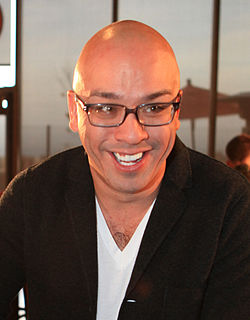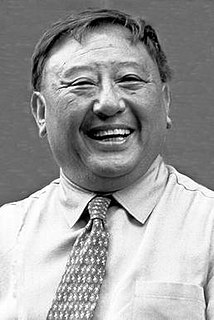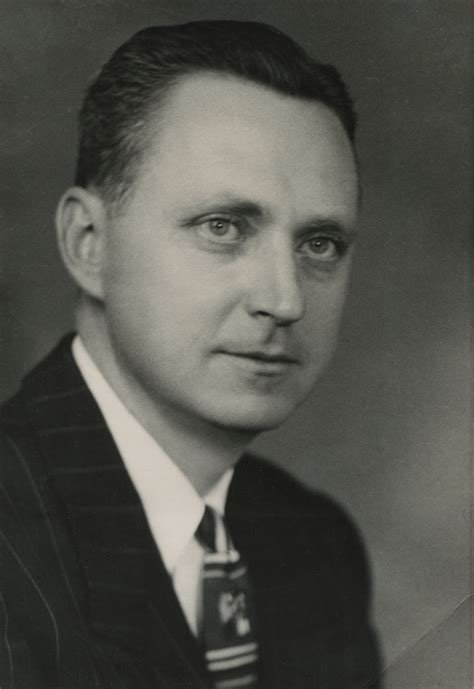A Quote by apl.de.ap
In every Filipino family, the children always want to help the parents... that was my goal.
Related Quotes
I always wanted to let people know I was Filipino, but I didn't want to go up on stage and make it so you wouldn't understand my jokes because you're white or black. I always wanted to let people know I was Filipino through my mom. That was always my goal. That way, everyone got it. You don't have to be Filipino to understand my mom.
[17th-century] Puritans were the first modern parents. Like many of us, they looked on their treatment of children as a test of their own self-control. Their goal was not to simply to ensure the child's duty to the family, but to help him or her make personal, individual commitments. They were the first authors to state that children must obey God rather than parents, in case of a clear conflict.
What I have most learned from my son is to respect him and to love him unconditionally. I believe that if parents respect their children and educate them with love and justice (and not just with words, but with their own behavior) the relationship with their children will be wonderful. Then parents will always be proud of their children, and children will always be proud of their parents. There will be peace in the family, and the home will be a sanctuary.
Recognizing that family self-sufficiency is a false myth, we also need to acknowledge that all today's families need help in raising children. The problem is not so much to reeducate parents but to make available the help they need and to give them enough power so that they can be effective advocates with and coordinators of the other forces that are bringing up their children.
Ego's trick is to make us lose sight of our interdependence. That kind of ego-thought gives us a perfect justification to look out only for ourselves. But that is far from the truth. In reality we all depend on each other and we have to help each other. The husband has to help his wife, the wife has to help the husband, the mother has to help her children, and the children are supposed to help the parents too, whether they want to or not.
As parents, we can do a great deal to further this goal by helping our children develop alternative ways of knowing the world verbally/analytically and visually/spatially. During the crucial early years, parents can help to shape a child's life in such a way that words do not completely mask other kinds of reality. My most urgent suggestions to parents are concerned with the use of words, or rather, not using words.
I was raised in a dominantly Filipino family. I didn't know I was 'mixed' until I got older and started asking questions about my grandparents, the origins of our middle and last names. We were kind of textbook Pinoys. A lot of the Filipino stereotypes that were joked about by me and my friends rang very true with my family.




































